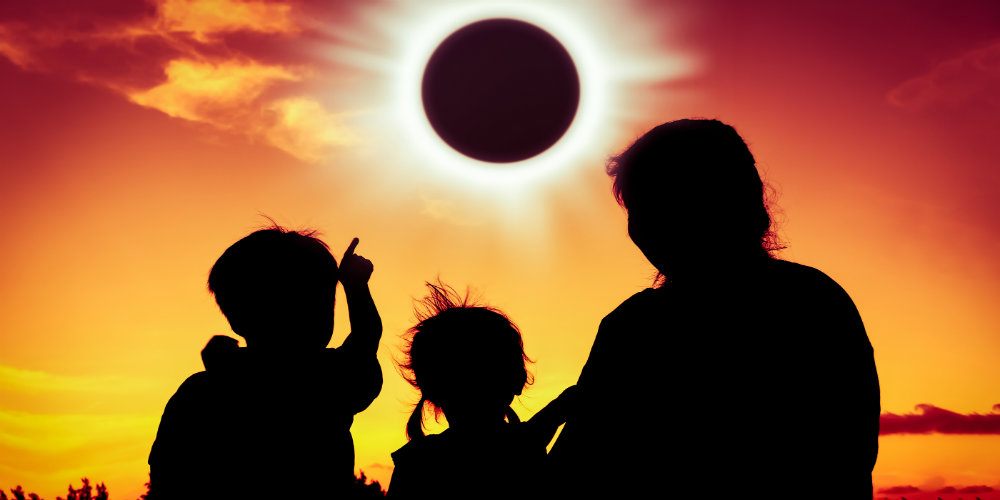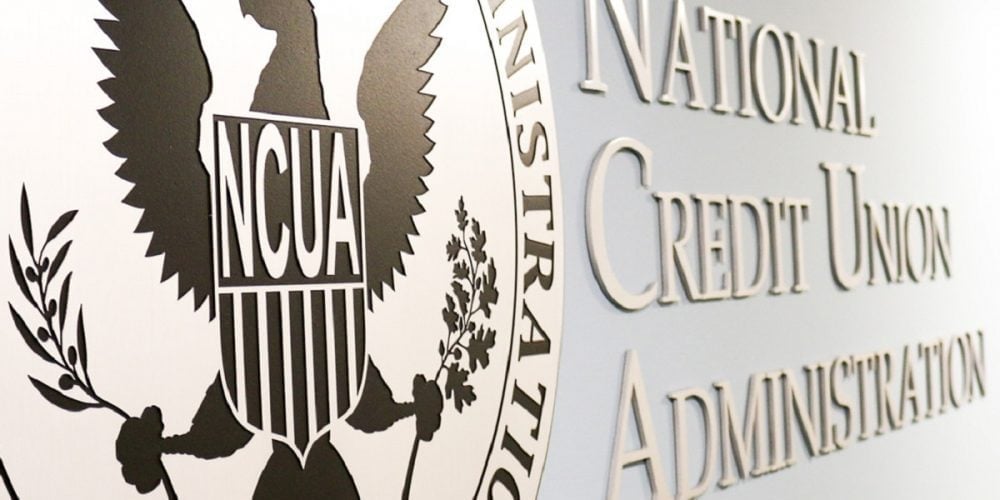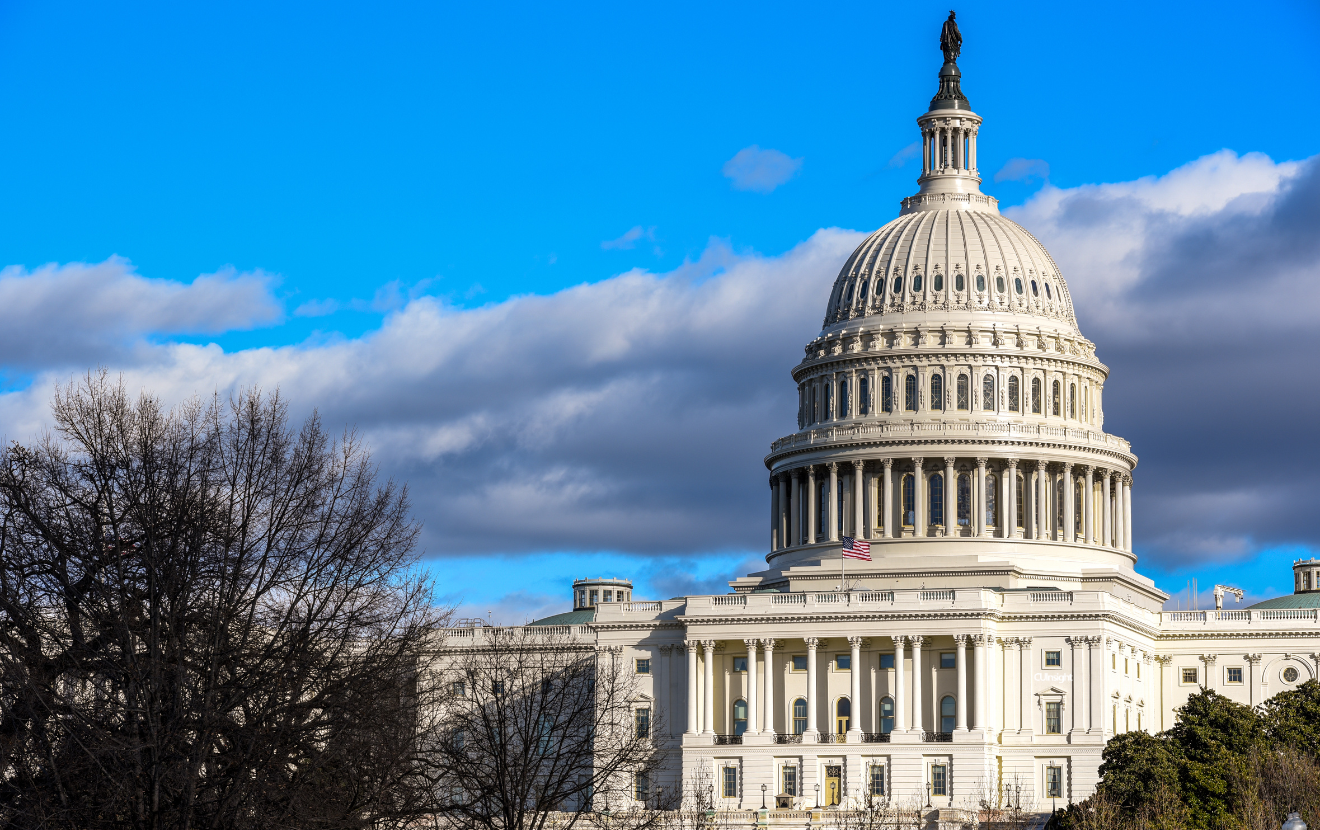I shivered as the cold Kansas wind cut through my Toughskins jeans and wondered how long we’d have to do this dumb thing. It was Jan. 26, 1979, and along with the other students of Oberlin Elementary School, I lacked the perspective of years gone by to understand the magnitude of this important day.
We were about to witness a solar eclipse, something we wouldn’t see again until 2017. That was almost 40 years away, our teacher explained. Forty years was a long time; so long, I couldn’t comprehend it. I figured by then I’d either be a millionaire or dead.
As the moon began to pass between the earth and the sun, we obediently turned our backs to the light. Our teacher, like every other teacher in North America, had been tasked with the impossible feat of convincing school children to appreciate this major astrological event without actually looking at it. We kids rolled our perfect eyes at the idea of sun damage and thought the adults were just being overprotective. After all, the moon was blocking the sun. Duh, that’s the safest time to look at it. What a bunch of bull crap.
But corporal punishment was still legal at school and at home, so we held our cardboard squares with the pinholes poked in the middle over our shoulders and acted like we were impressed by the crescent shaped shadow it created on the schoolyard wall.
Then, somebody’s dad showed up at school bearing the most wonderful gift: a welding helmet. No more dumb cardboard pinhole bull crap for us. We were going to look directly at the sun and our eyes wouldn’t even burst into flames.
We lined up and took turns watching the eclipse. Sure enough, there it was - the moon in front of the sun. It was cool.
Later, we learned the Chinese used to believe eclipses occurred when a giant dragon ate the sun. They would bang their pots and pans together to try to frighten the dragon away. They were also Commies, which was why they didn’t know any better.
Life seems awfully scary these days, but back in 1979 things were even worse. The Ayatollah Khomeini returned to Iran and took power away from the Shah, a leader who had modernized Iran and opened it up to the Western world. Khomeini cut off our oil supply and our economy tanked. Iranian radicals stormed the American embassy and took Americans hostage. The Soviet Union invaded Afghanistan. The Sandinistas took over Nicaragua. Reactor two suffered a meltdown at Three Mile Island. White supremacists opened fire on an anti-Klan demonstration organized by Communists in North Carolina, killing five people. The Wichita Falls tornado destroyed 4,000 homes and killed 42 people. Somebody’s parents were always getting divorced.
Life was also pretty inconvenient in 1979. For example, nobody could order a pair of eclipse viewing goggles from Amazon for $10 and have it delivered to their doorstep for free, with a Prime subscription, within two days.
Technology has made our life easier as consumers, but it has also whipped us into a frenzy of fear. Back in 1979, our only access to world news was a nightly broadcast on TV and in the city, a daily newspaper. There was no CNN, no websites, no Twitter or Facebook. We didn’t spend all day, every day, reading about everything that’s wrong in the world. Despite world events that were arguably more frightening than they are today, we didn’t feel as though the earth had been sentenced to life under a dark shadow. Not like we do today.
This post should probably lay out a clever analogy that presents the welding helmet as a simple business solution that delivers better service to members, but who can focus on business when we’re too busy banging our virtual pots and pans in an attempt to scare away the sun eating dragon?
Let’s instead overcome hate and fear with love, the way we did back in 1979. Be like the thoughtful parent who took time out of his day to help some school kids improve their memory of a rare astronomical event. If you have eclipse goggles, ask the guy at work you’ve been avoiding because he probably voted for Trump if he’d like to borrow them. Send a card – a real, paper card – to someone who could use a pick-me-up. Call your mother.
It’s easy to get caught up at work worrying about the CFPB, exam exceptions, the threat of taxation, this week’s major data breach and whether or not you're properly engaging your employees. But it’s important to remember why you love your job.
It’s about people helping people. It’s about service. It’s what keeps the Earth spinning and guarantees the sun will shine again.







